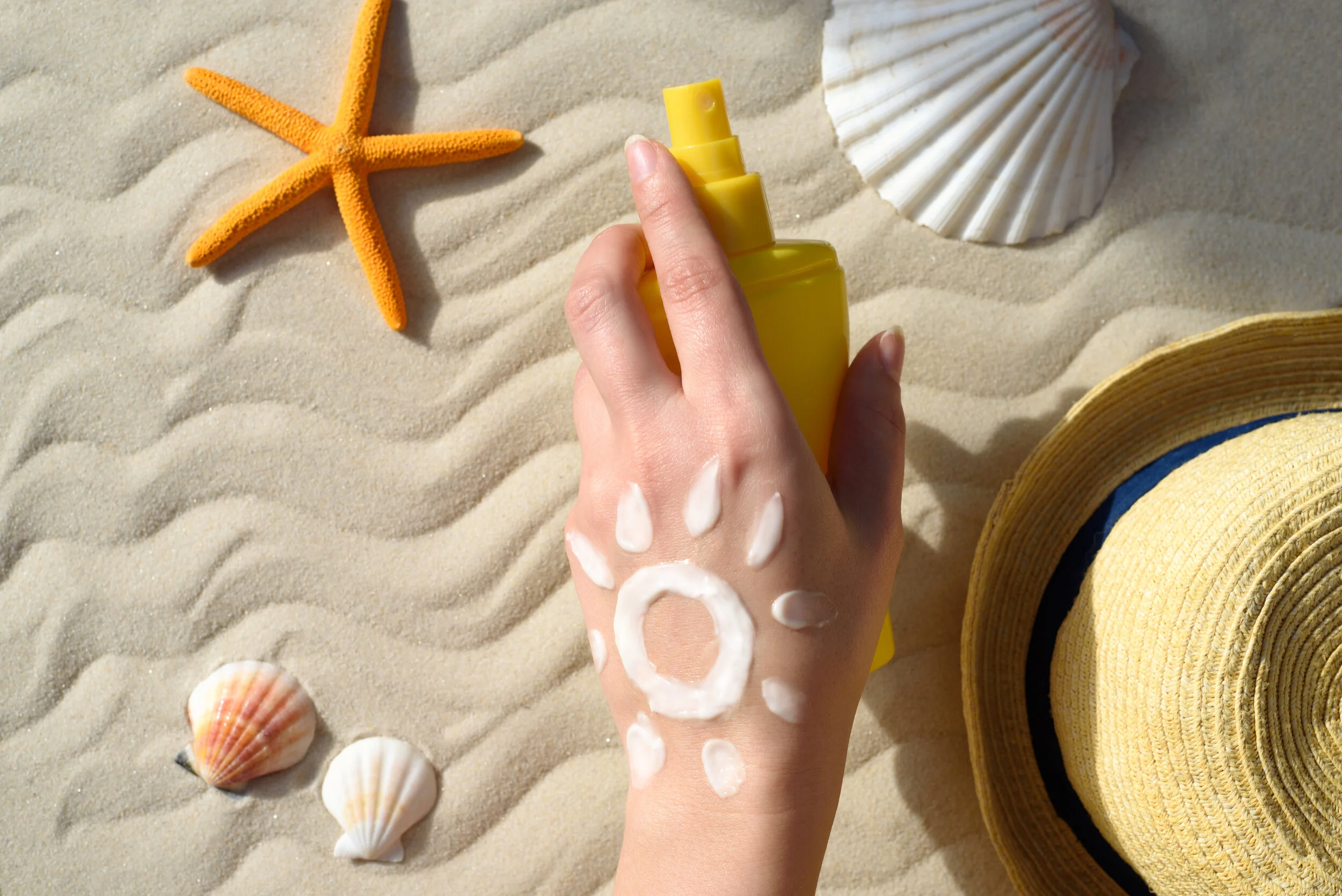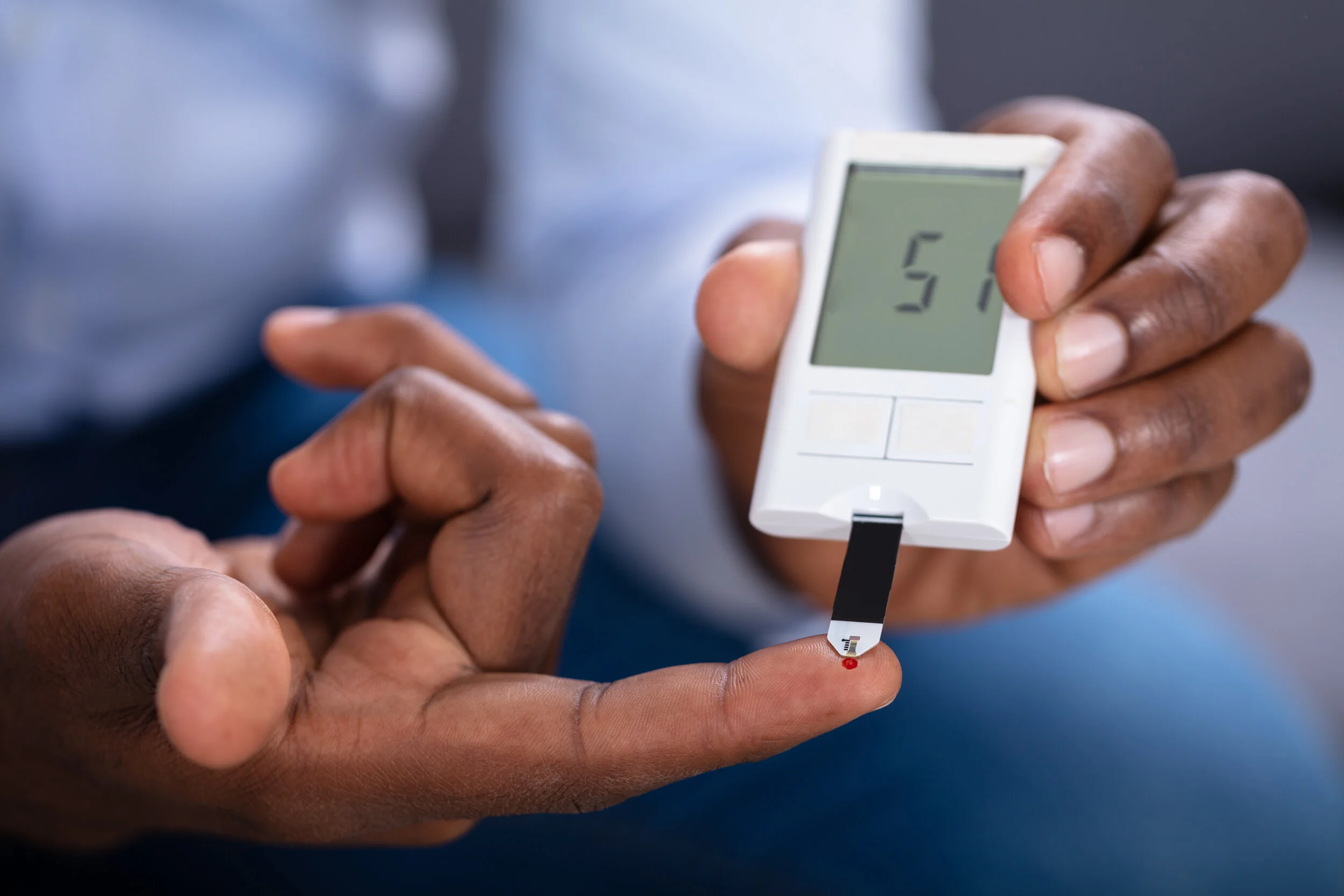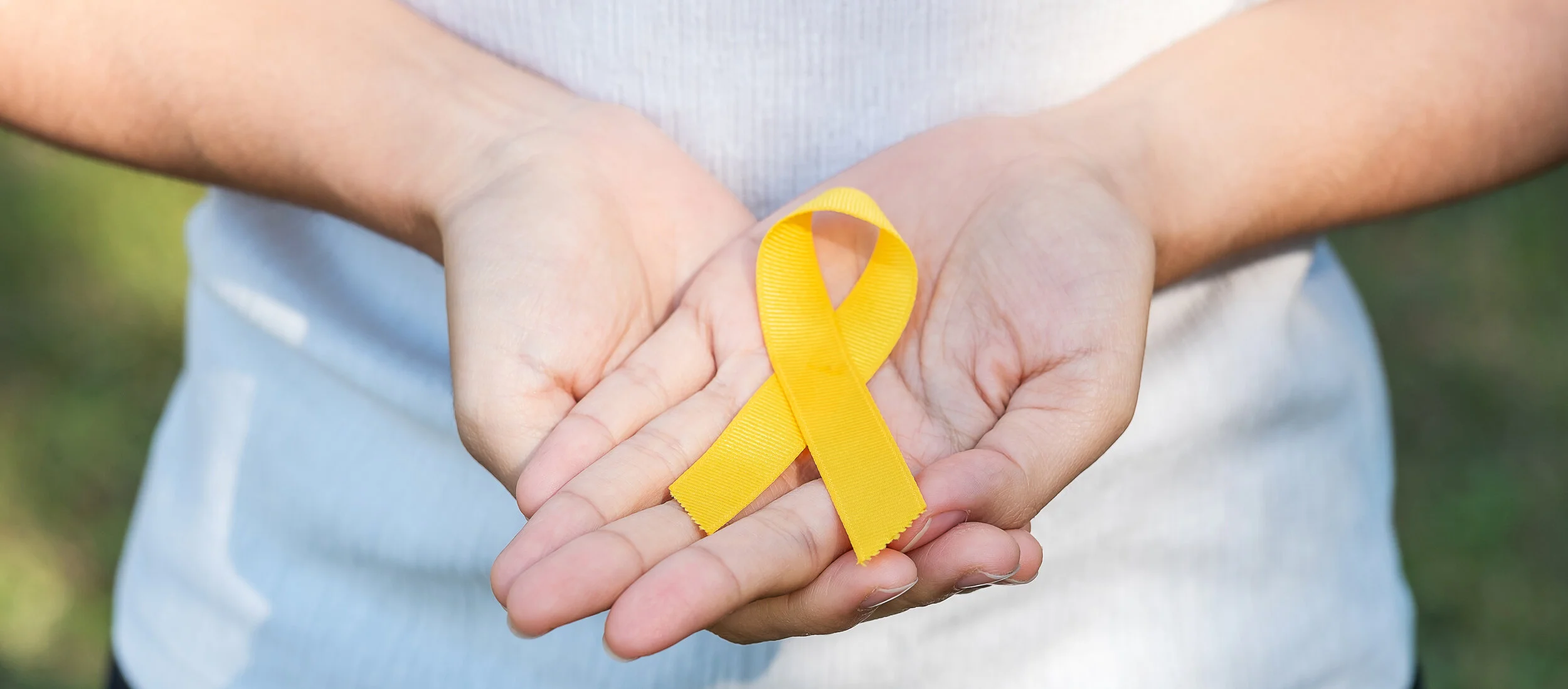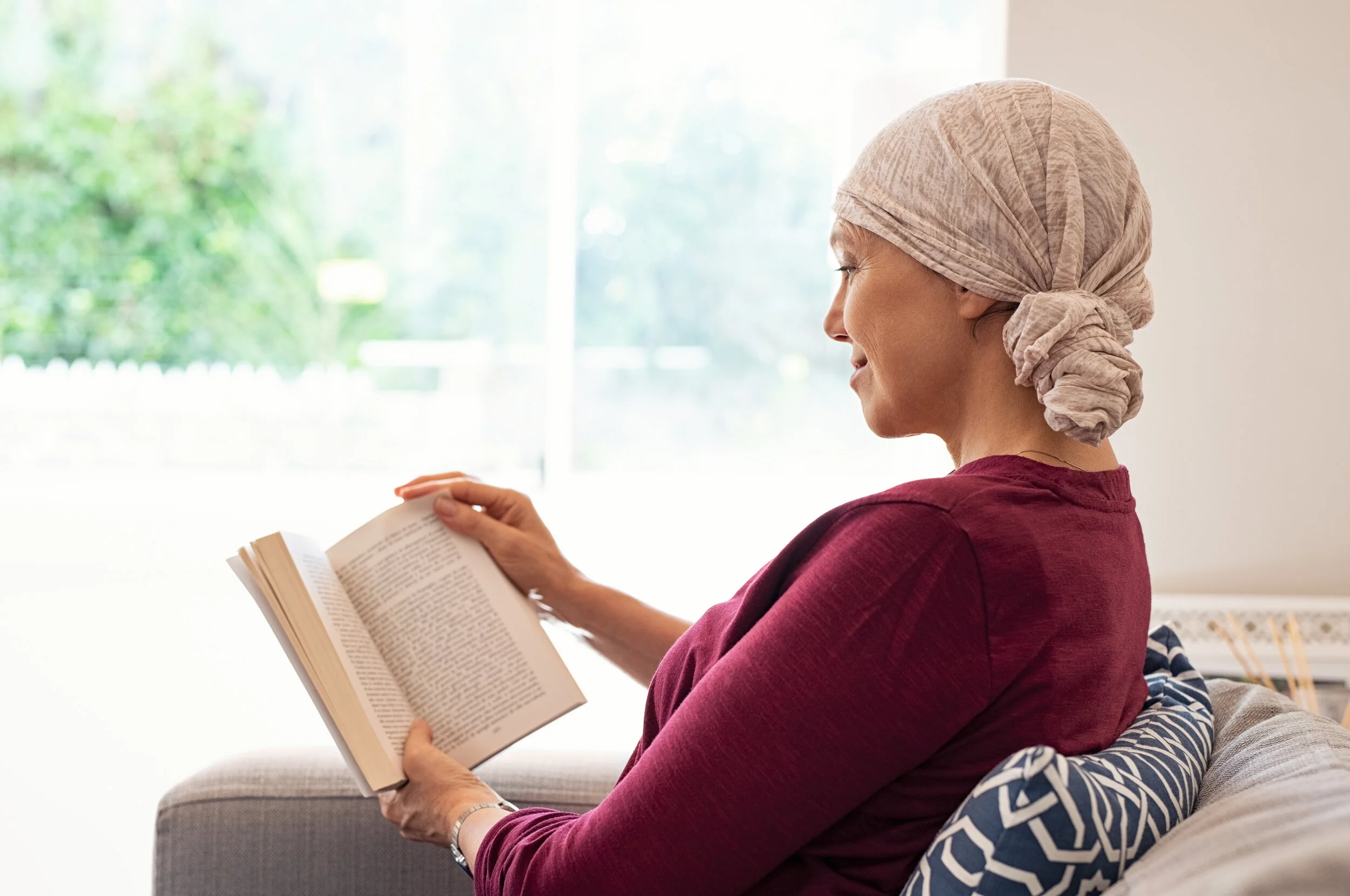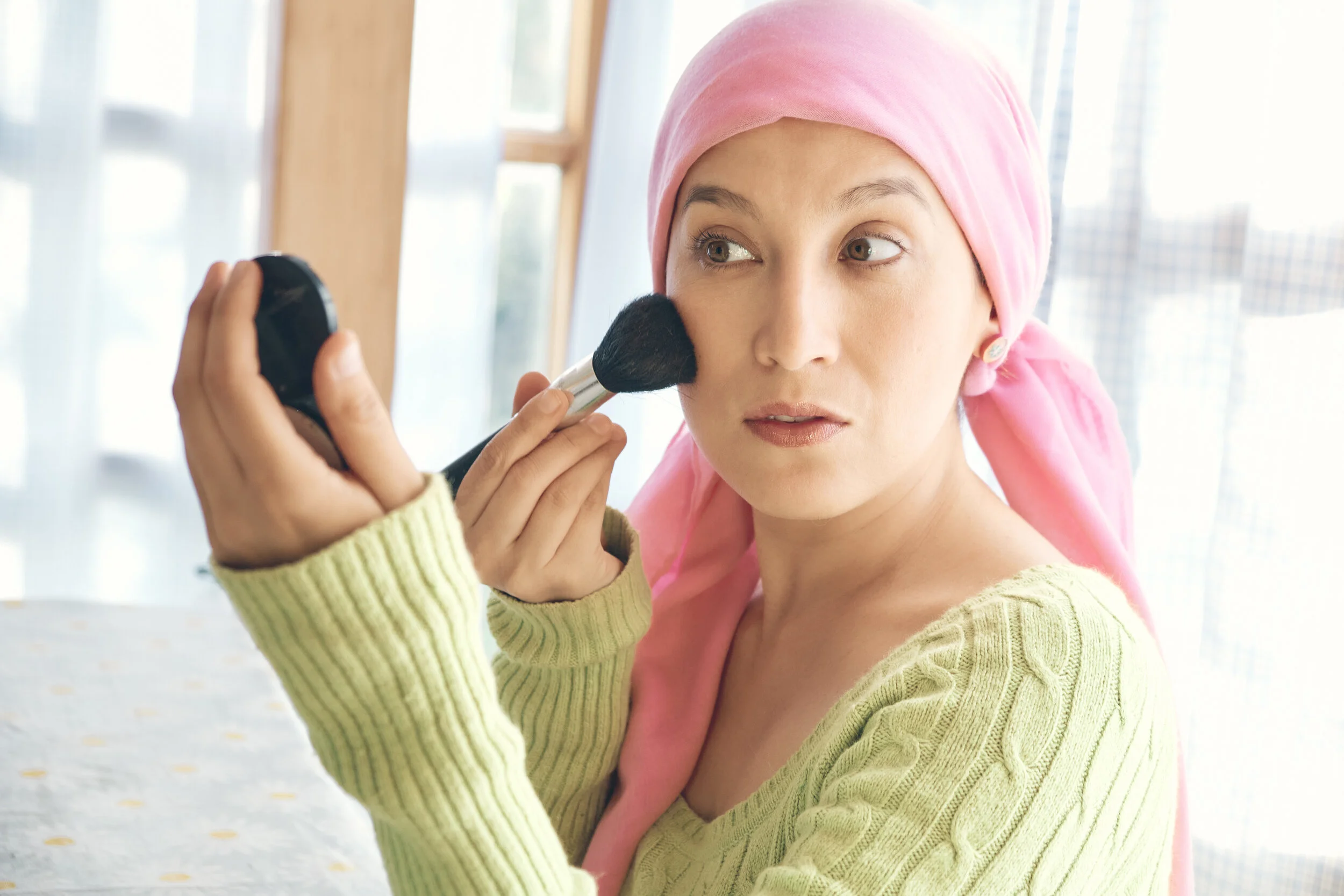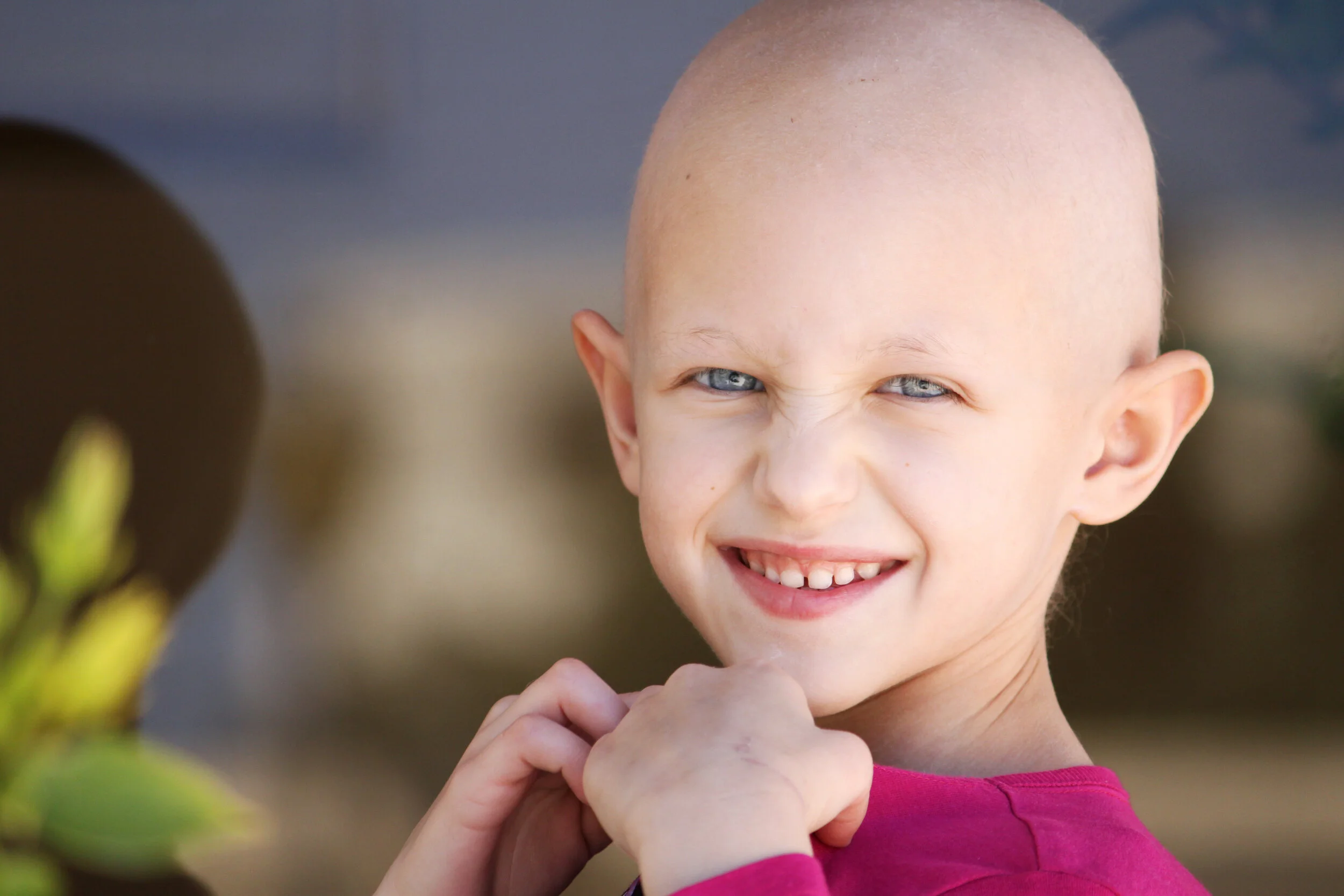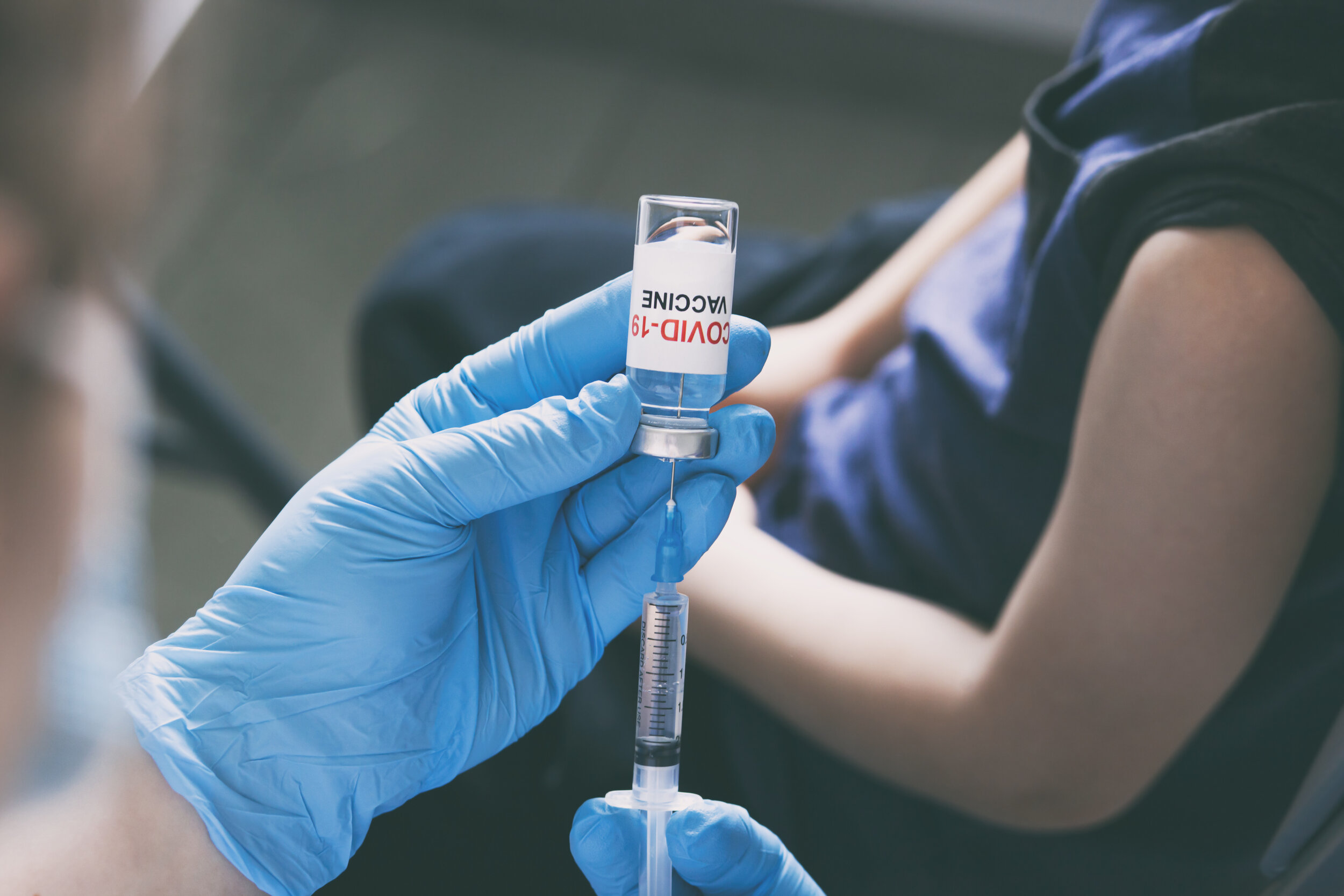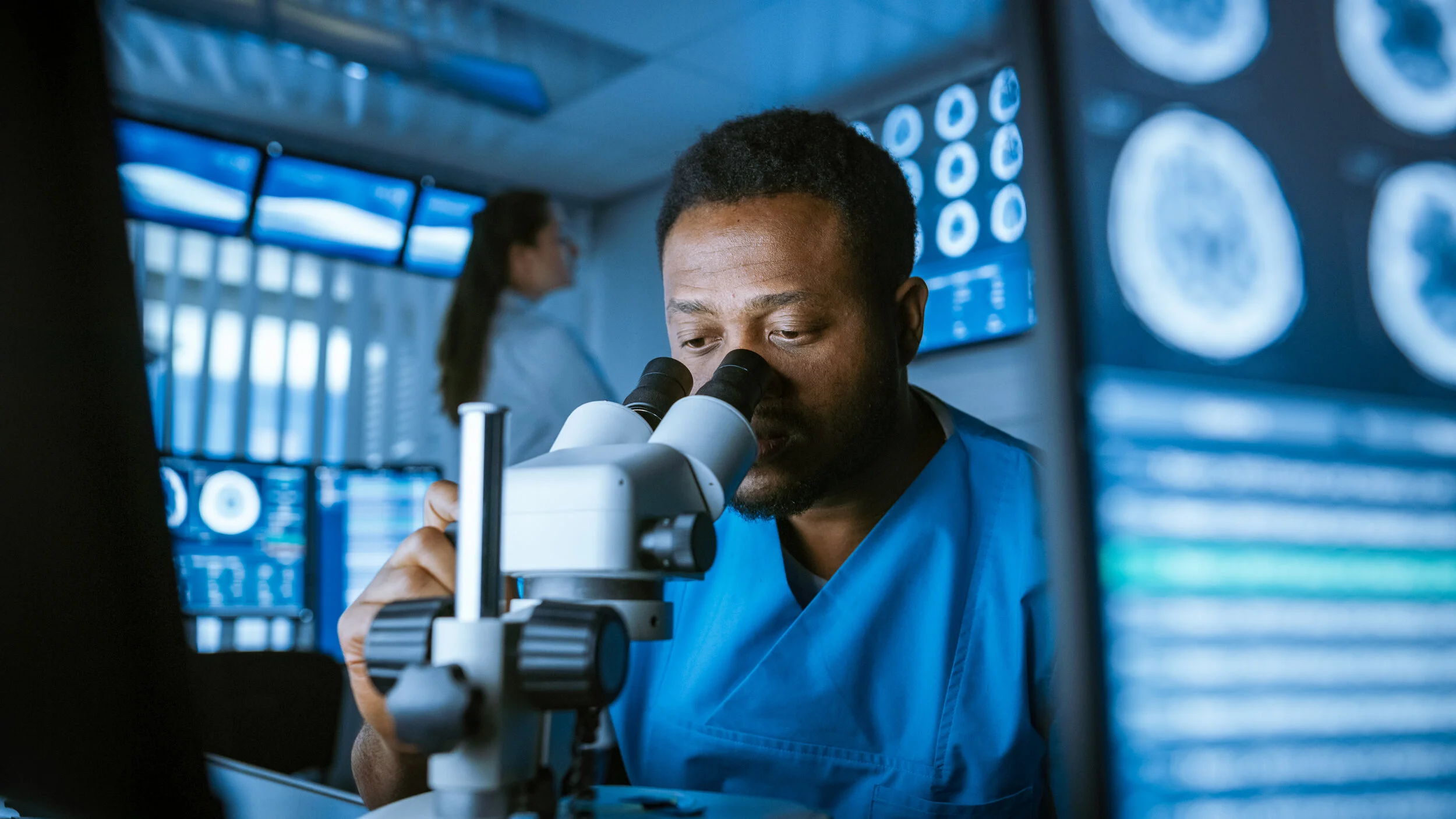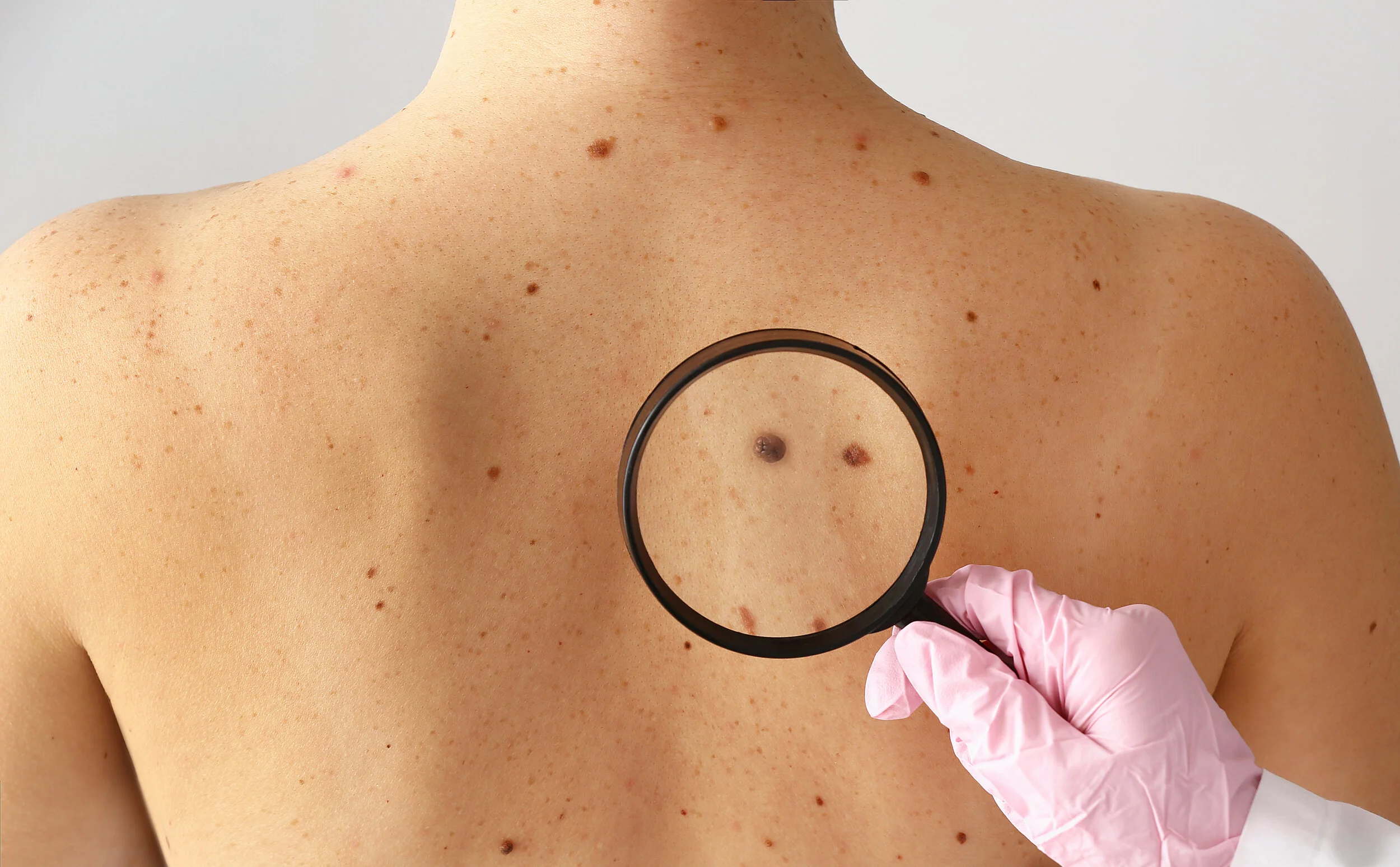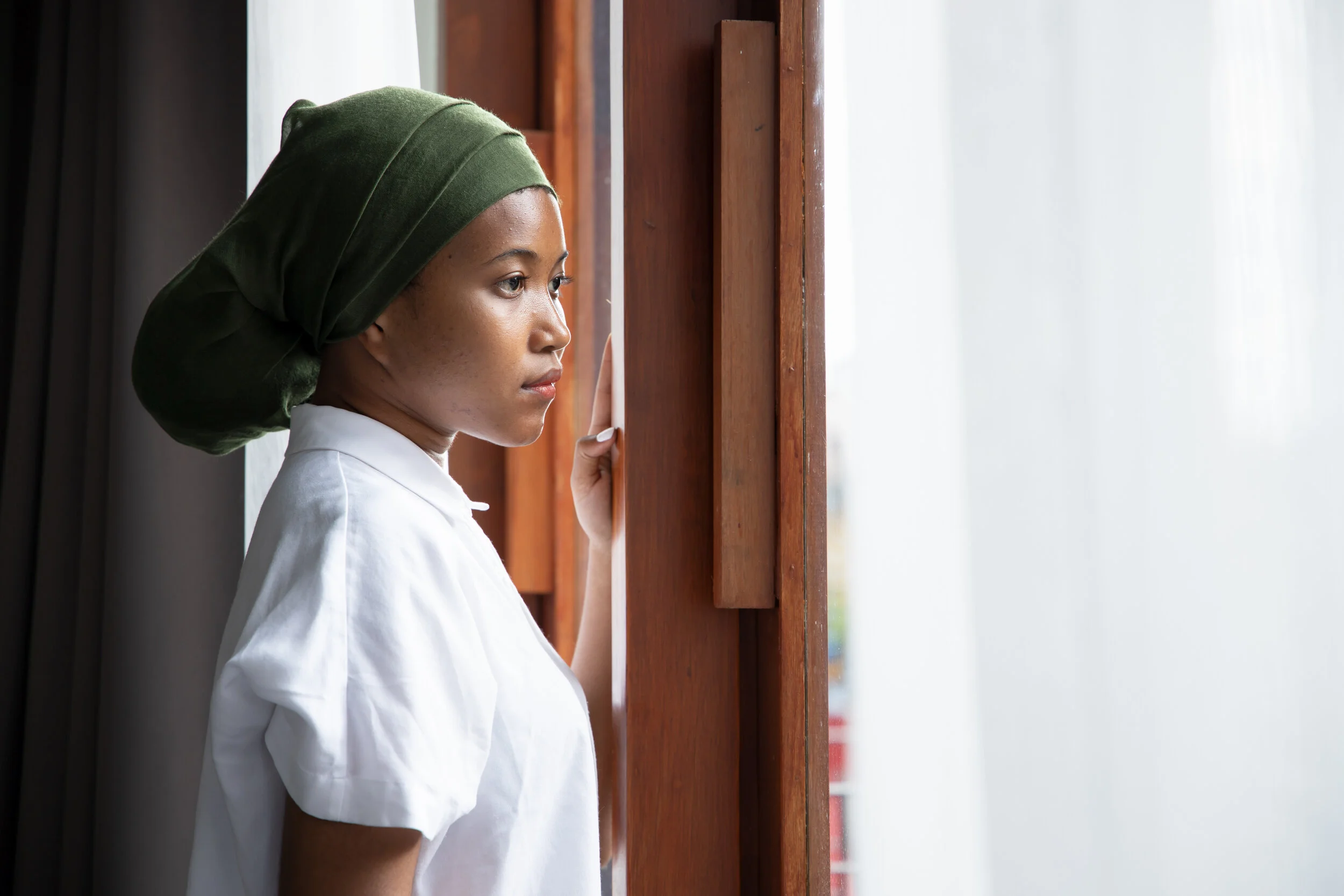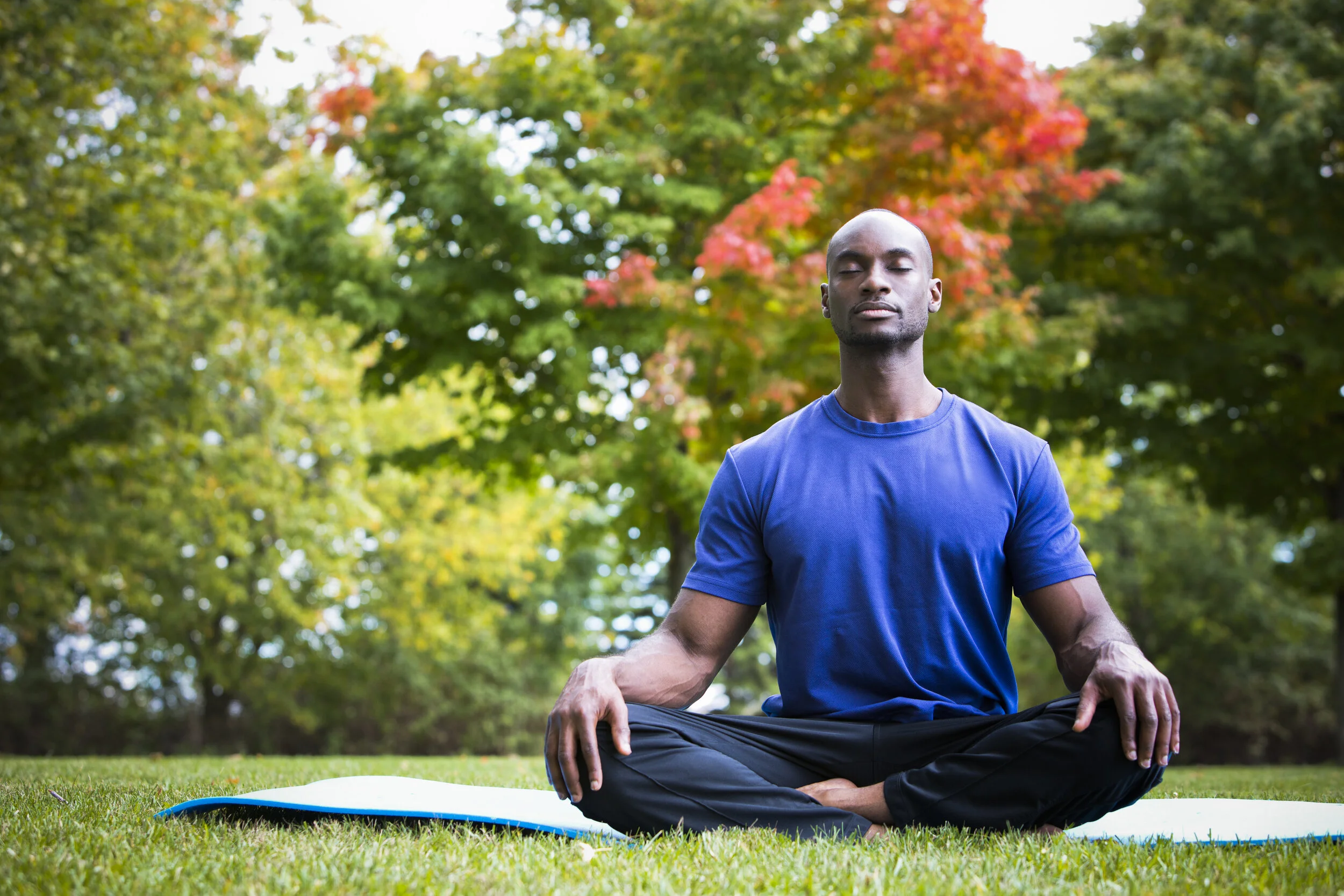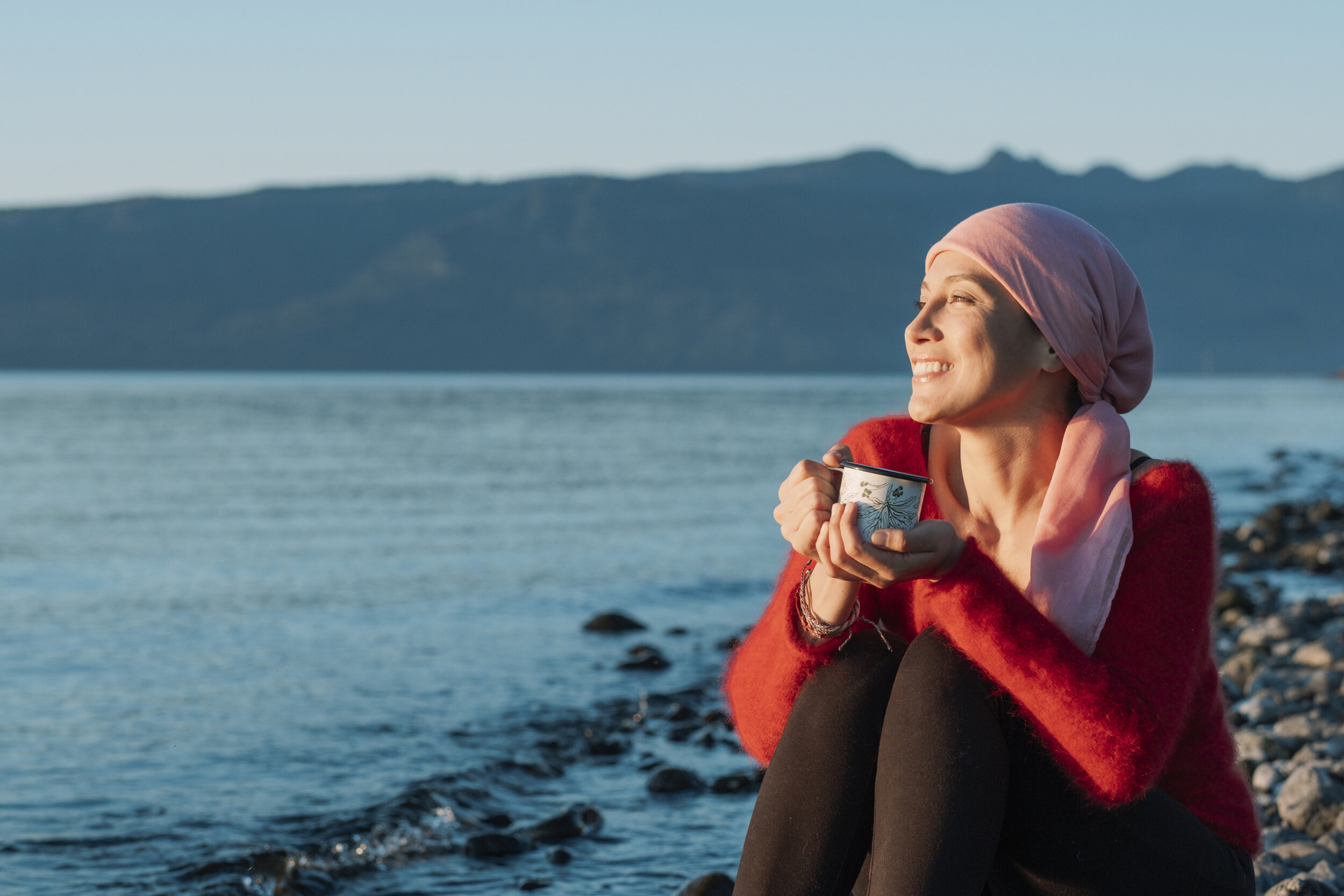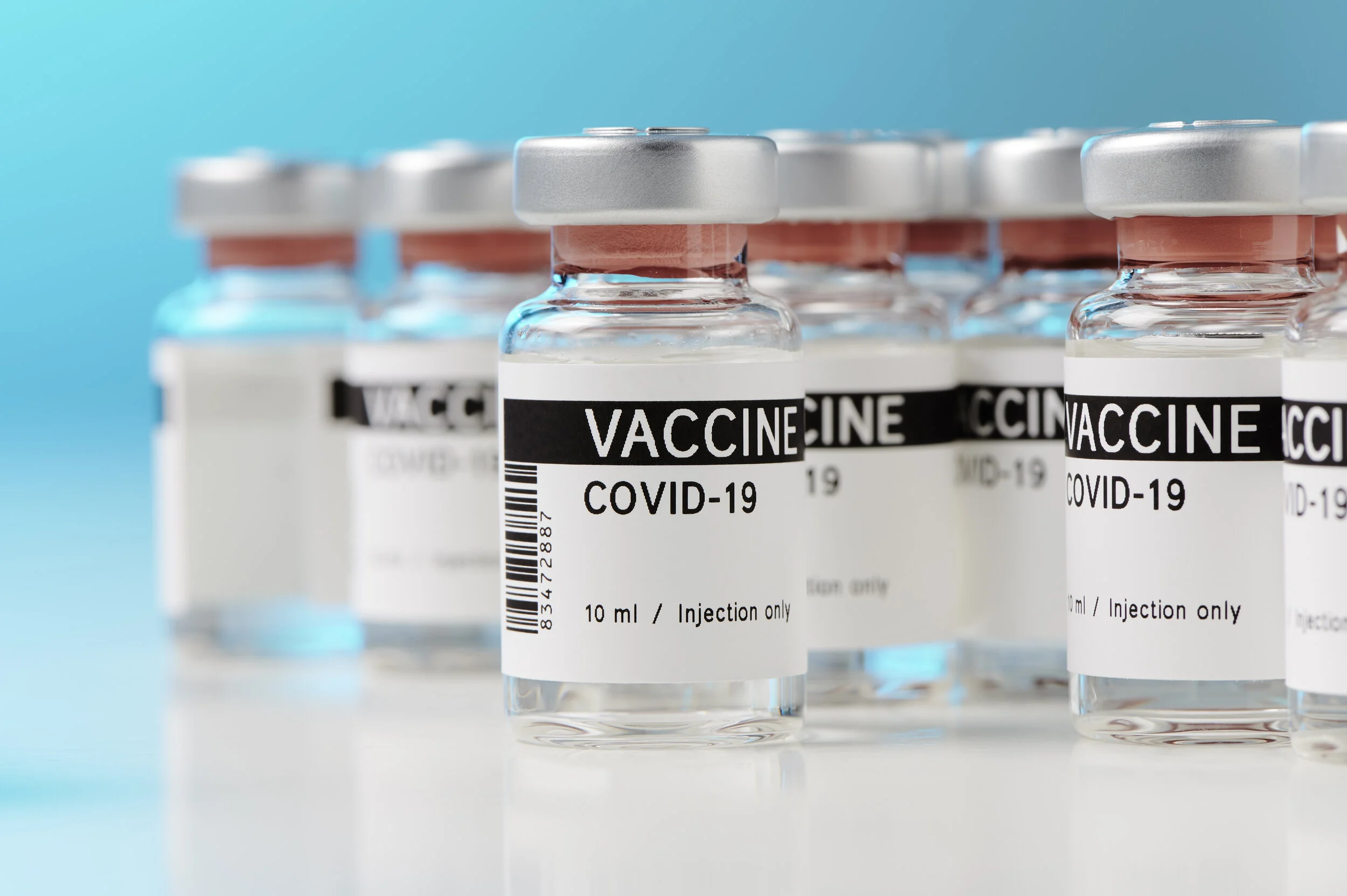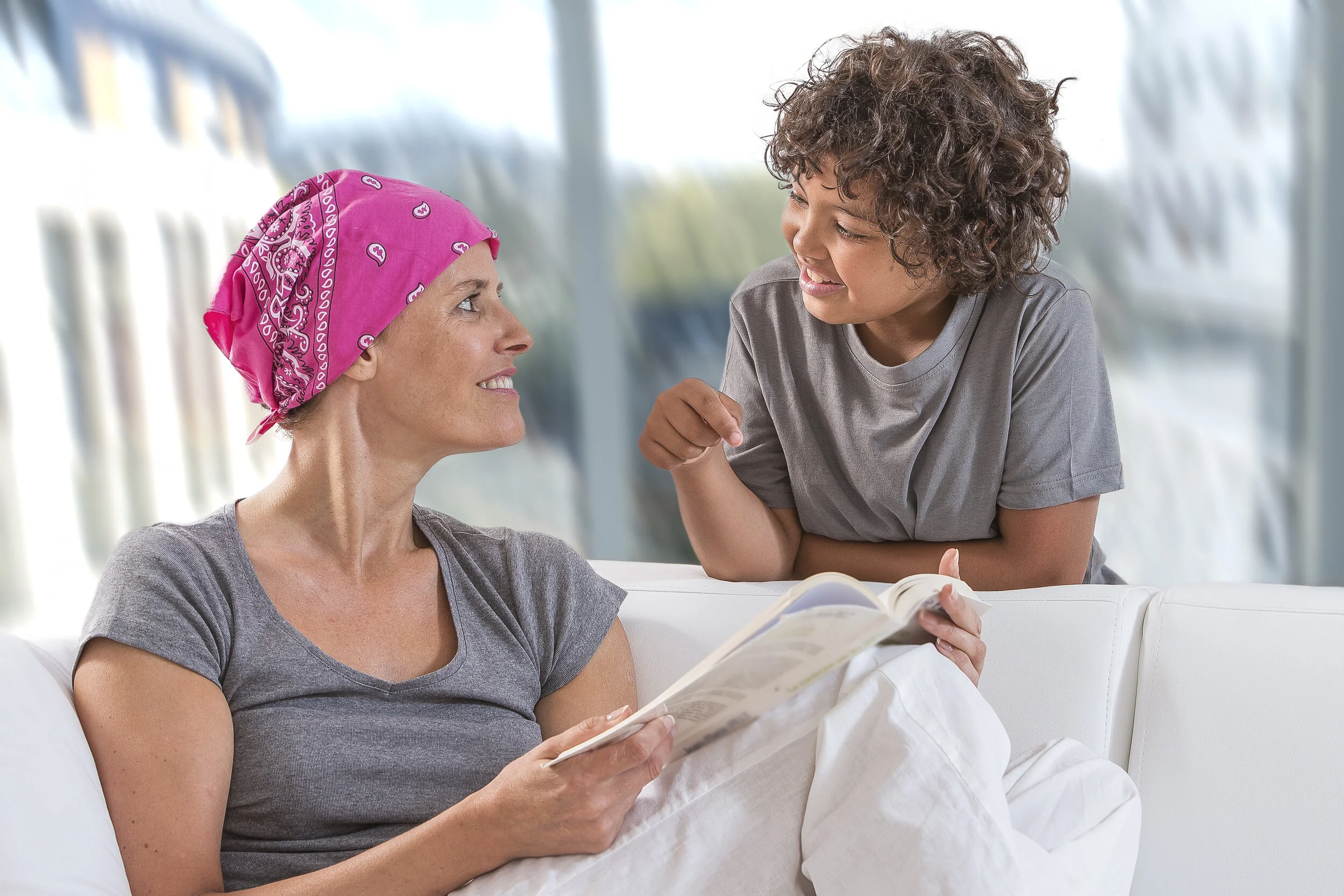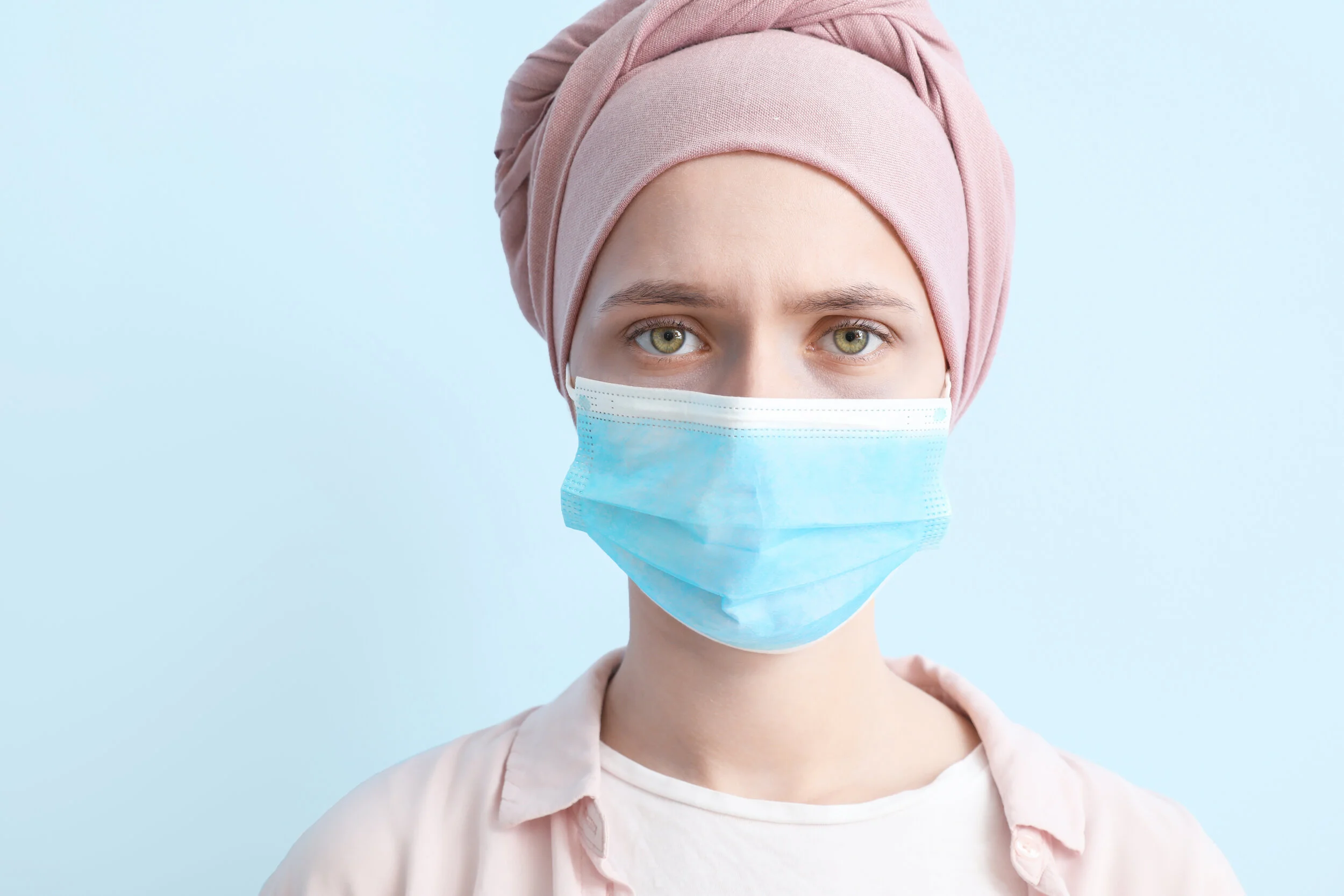Managing side effects like chemotherapy-induced peripheral neuropathy (CIPN), can be challenging and painful. This condition affects up to 60% of people receiving neurotoxic chemotherapy and can significantly impact quality of life. But what if there was a simple, non-invasive way to potentially reducen CIPN symptoms? Enter the Quell device.
Read MorePracticing self-care is an absolute must for everybody. Now that summer is approaching, incorporating self-care into our daily routines has become a little bit easier. But, in stressful or challenging times, our previously adopted self-care strategies can prove ineffective. New situations sometimes require new solutions.
Read MoreIt is important to apply sunscreen during these summer days to prevent skin damage, but the sun can also damage your hair. If your hair has prolonged exposure to the sun, UVA and UVB rays can damage the outside cover of the hair strand.
Exposure to direct sunlight not only damages the hair cuticle but also breaks down keratin – a natural protein found in hair.
Read MoreBetween 8% and 18% of cancer patients have diabetes, a chronic condition that impacts the ability to regulate blood sugar levels. For many patients, diabetes management takes a backseat to cancer treatment. Managing your blood sugar levels can help your overall health.
Read MoreSarcoma is still considered to be the “forgotten cancer.” Efforts to encourage research and drug development are made more challenging due to a lack of awareness and understanding. During Sarcoma Awareness Month we at H&B aim to further highlight the extraordinary challenges that sarcoma patients face.
Read MoreCancer is one of the most critical health problems worldwide today. Studies by different researchers have shown that disease can reduce people's ability to self-care. Throughout her career as a surgical oncologist, Dr. Shymali Singhal, founder of H&B, has had the opportunity to see many women fight hard not to lose themselves to the various pieces of their lives.
Read MoreCosmetics include a wide range of products. Some of these can cause health problems in some people, such as skin or eye irritation or allergic reactions. These types of problems are usually short-term. The laws governing cosmetics and personal care products are limited. Some carcinogens, such as formaldehyde and formaldehyde-releasing preservatives, are common in personal care products.
Read MoreThanks to spectacular advances in cancer research, more than 16.9 million people in the United States are cancer survivors who are living with, through, and beyond their disease.
Read MoreVaccines are used to help a person’s immune system recognize and protect the body against infections. Vaccines are now available to help protect against COVID-19. Here we’ll discuss some of the questions people with cancer might have about the COVID-19 vaccines.
Read MoreNational Cancer Research Month is marked each May, and it recognizes the importance of cancer research and the contributions of researchers, physician-scientists, survivors, and patient advocates across the United States.
Read MoreH&B joins the cause of raising awareness. Some months are marked for more than one cancer; May is one of such months. Along with bladder cancer, which we talked about in the previous blog, May is also brain cancer awareness month, and melanoma and skin cancer awareness month.
Read MoreFor many cancer patients, the love they get from their pets as they go through the treatment and recovery can be very valuable. Pets can be a wonderful source of comfort and companionship during cancer treatment. Studies have shown that pet therapy can often have many benefits for cancer patients during chemotherapy.
Read MoreAfter overcoming cancer, many survivors feel different than they did before cancer. It can be difficult for loved ones of cancer survivors to really understand what their friend or family member is going through. This is why we at H&B have created this list of important insights for cancer patients and their caregivers.
Read MoreGetting the big C diagnosis can sometimes serve as an excuse to stop exercising. This is a mistake. Patients are encouraged to continue or start working out, and spend as much time possible outdoor since this can promote better and faster recovery and heighten the survival rates.
Read MoreSpirituality is an indispensable element of wholesome cancer care. Studies have shown a significant relationship between spirituality and quality of life. Finding meaning in life is a deeply personal process.
Read MoreConsidering the coronavirus pandemic has brought the world to a stop back in April, there has been a lot of talk about a vaccine. As initial data is being released from different trials, the anticipation is rising tentatively. Here we tried to provide some answers to the most typical questions we've seen being asked.
Read MoreCancer is a horrible disease, and it’s only understandable that the “big C” diagnosis would bring anybody down. But can we still be happy even with cancer? Living is not (only) surviving.
Read MoreThe first couple of months of the COVID-19 pandemic have caused a situation that even as much as 44% of breast cancer survivors had to delay some treatment or care. Surgery was generally performed only for patients in immediate high-risk situations. Others were postponed or even canceled.
Read More


